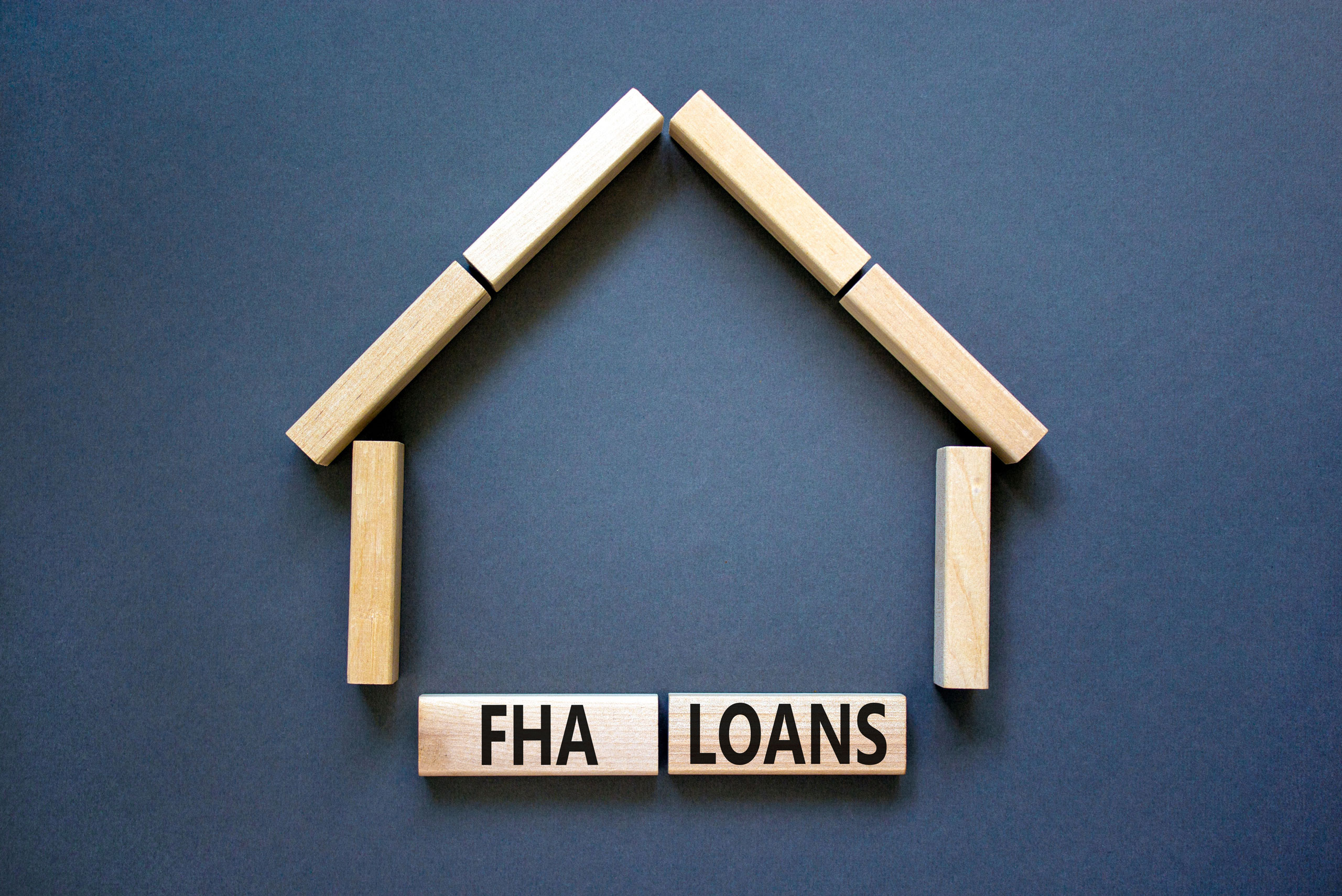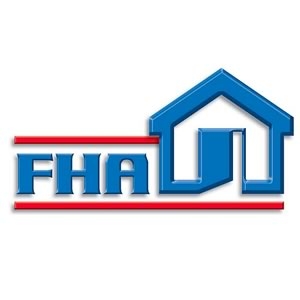FHA Home Loans: A Smart Selection for Affordable and Secure Home Financing
The Ultimate Resource on Home Loans: A Comprehensive Check Out Various Car Loan Programs and Their Benefits for Customers
Navigating the landscape of home fundings can be a complicated task, particularly with the myriad of choices readily available to possible customers. Each lending program-- be it conventional, FHA, VA, or USDA-- supplies distinctive benefits that satisfy varying financial circumstances and homeownership objectives. Recognizing these subtleties is crucial for making educated choices that straighten with one's monetary future. As we discover these lending programs even more, it comes to be noticeable that the best selection might not be as straightforward as it seems, motivating much deeper factor to consider of what each alternative absolutely entails.
Comprehending Conventional Fundings
Conventional financings stand for a substantial part of the home financing market, appealing to a wide variety of consumers because of their structured terms and affordable interest rates. These car loans are generally not insured or guaranteed by the federal government, identifying them from government-backed fundings such as FHA or VA finances. Rather, traditional car loans are offered by private lenders, which permits higher versatility in conditions and terms.
Typically, conventional finances can be found in 2 kinds: adjusting and non-conforming. Conforming loans follow the standards set by Fannie Mae and Freddie Mac, including restrictions on finance amounts, borrower credit rating, and debt-to-income ratios. Non-conforming loans, on the other hand, do not meet these criteria and may cater to customers with distinct financial scenarios.
Customers commonly locate that conventional finances provide attractive options for deposits, with some requiring just 3% down. Furthermore, those with solid credit rating accounts may benefit from lower rates of interest contrasted to various other alternatives. Overall, standard loans are a sensible choice for lots of homebuyers, offering a mix of affordability and availability in the competitive housing market.
Discovering FHA Finance Advantages
A significant number of buyers turn to FHA financings as a result of their enticing advantages, especially for those that may encounter obstacles protecting conventional financing. The Federal Real Estate Management (FHA) insures these loans, making them available for consumers with reduced credit history and smaller sized deposits. Generally, FHA finances need a down repayment of just 3.5% for those with credit history of 580 or higher, dramatically minimizing the ahead of time price of acquiring a home.
Furthermore, FHA finances have adaptable credentials criteria that suit a wider variety of economic situations. This includes allocations for greater debt-to-income ratios, making it possible for debtors with existing debts to get funding (FHA home loans). Moreover, FHA lendings additionally allow the use of present funds from relative or organizations to cover down payment and closing expenses, relieving the economic burden on customers.

Advantages of VA Loans
VA fundings use numerous benefits for eligible experts, active-duty solution participants, and specific participants of the National Guard and Gets. Among one of the most significant advantages is the lack of a deposit requirement, enabling borrowers to fund 100% of the home's worth. This feature makes homeownership much more available for those who have served in the armed force.
Furthermore, VA financings do not require exclusive home loan insurance (PMI), which can conserve borrowers considerable month-to-month costs compared to traditional car loans. The rate of interest on VA lendings are typically lower than those of various other financing types, even more improving cost. Furthermore, VA finances include versatile credit score requirements, making them an attractive alternative for individuals who may have less-than-perfect credit report.
One more secret advantage is the option for veterans to acquire positive finance terms, consisting of the opportunity of re-financing through the Streamline Refinance option, have a peek at this site which can lower month-to-month repayments. VA loans offer an unique attribute of assumability, allowing future purchasers to take over the financing under the same terms, which can be a selling factor when reselling the residential property - FHA home loans. Generally, VA fundings provide vital advantages that cater specifically to the needs of military personnel and their households
Insights Into USDA Loans
Exploring the benefits of USDA loans reveals a feasible funding choice for homebuyers in rural and rural areas. The United States Department of Agriculture (USDA) provides these lendings to promote homeownership, particularly targeting low to moderate-income family members. One of one of the most significant advantages is the absolutely no down payment demand, making it much easier for eligible customers to buy a home without the burden of a considerable first investment.
USDA finances additionally feature affordable rate of interest, which frequently result in lower month-to-month settlements compared to standard financing. In addition, these loans do not require exclusive home loan insurance coverage (PMI), more reducing the overall price of homeownership. Consumers can fund not just the purchase rate but likewise closing prices, making it an eye-catching choice for those with restricted economic resources.
Eligibility for USDA finances is established by earnings restrictions, which vary by place and home dimension, guaranteeing that support is guided to those who need it most. With adaptable credit rating requirements, USDA financings are easily accessible to a broader variety of candidates, fostering area development and stability in suv and rural areas. On the whole, USDA fundings represent a vital tool for advertising equity in housing opportunities.
Comparing Financing Programs

Standard car loans are frequently appealing as a result of their adaptability and the possibility of avoiding home mortgage insurance policy with a higher deposit. In comparison, FHA loans supply chances for consumers with lower credit rating and smaller sized down payments, making them accessible for first-time buyers. VA financings stick out for professionals and active-duty solution members, supplying favorable terms such as no down settlement and affordable rates of interest.
USDA finances specifically deal with country property buyers, promoting budget friendly housing in less inhabited locations with absolutely no down repayment options. Each program has details qualification standards, including earnings constraints and property place constraints, which ought to be thoroughly evaluated.
Ultimately, performing a detailed comparison of financing programs entails evaluating interest prices, car loan terms, and closing costs, along with individual financial conditions. FHA home loans. This calculated strategy will equip consumers to make informed choices that straighten with their lasting monetary goals
Verdict
To conclude, an understanding of different home lending programs is important for possible debtors looking for to make enlightened choices. Each funding kind, consisting of standard, FHA, VA, and USDA, uses distinct advantages tailored to certain monetary circumstances and needs. By examining the distinct advantages of these alternatives, individuals can pick one of the most suitable lending that lines up with their homeownership goals, ultimately helping with a more accessible path to attaining homeownership and monetary security.
These Continued fundings are commonly not insured or ensured by the federal government, differentiating them from government-backed car loans such as FHA or VA loans. Adjusting car loans stick to the standards check out this site established by Fannie Mae and Freddie Mac, including limitations on finance amounts, customer debt scores, and debt-to-income proportions.Interest prices on FHA lendings have a tendency to be competitive, supplying debtors with reduced month-to-month repayments contrasted to traditional car loans.Additionally, VA car loans do not call for personal home loan insurance policy (PMI), which can save debtors considerable monthly prices compared to traditional fundings. VA fundings use a distinct function of assumability, enabling future customers to take over the finance under the very same terms, which can be a marketing point when marketing the residential property.